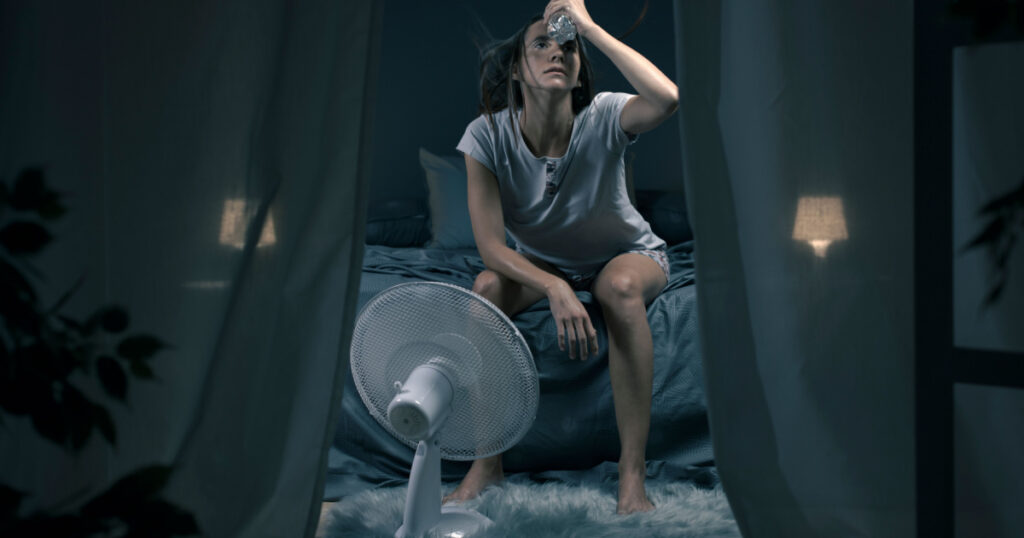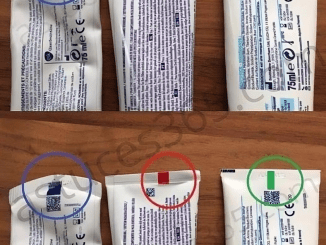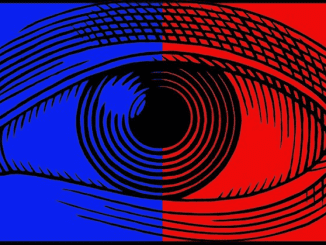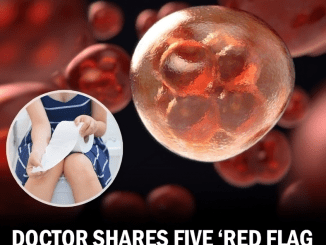Cancer is a formidable foe, responsible for nearly 10 million deaths worldwide in 2020 alone. In the United States, it ranks as the second leading cause of death, closely following heart disease. Given its prevalence, it’s no wonder that the mere mention of cancer can evoke a sense of fear and concern in most people. However, the landscape of cancer treatment and survival has evolved significantly in recent years, and a cancer diagnosis today is not the automatic death sentence it once was.

Early detection and proper treatment can lead to successful outcomes for many types of cancer. This is why understanding the lesser-known symptoms, such as night sweats, is crucial. While night sweats can have various causes, they can also be an early warning sign of certain types of cancer, including lymphoma and leukemia. In this comprehensive article, we’ll dive deep into the connection between night sweats and cancer, explore the other potential causes, and provide guidance on when to seek medical attention.
The Link Between Night Sweats and Cancer
Night sweats, a condition characterized by excessive sweating during the night, can sometimes be an indicator of an underlying medical condition, including cancer. While night sweats on their own do not necessarily mean cancer, they can be a symptom when combined with other warning signs.
Certain types of cancer, such as lymphoma and leukemia, are known to cause night sweats as an early symptom. These cancers can disrupt the body’s normal thermoregulation, leading to sudden, uncontrollable episodes of sweating during the night. In some cases, night sweats may be the first noticeable sign that something is amiss, prompting the individual to seek medical attention.
It’s important to note that night sweats can also be caused by a variety of non-cancerous conditions, ranging from hormonal changes to environmental factors. Therefore, it’s crucial to pay attention to any other accompanying symptoms and consult a healthcare professional for a proper diagnosis.
Recognizing Other Cancer Symptoms
While night sweats can be a concerning symptom, they are often overlooked or dismissed as a simple annoyance. However, when paired with other warning signs, they can provide valuable clues about the state of one’s health. Here are some additional cancer symptoms to be aware of:

Unexplained Weight Changes:
Sudden, unexplained weight loss or gain of 10 pounds or more can be a sign of an underlying health issue, including certain types of cancer.
Persistent Fatigue:
Feeling constantly tired, even after getting enough rest, could be an indication of a more serious condition like cancer.
Unexplained Pain:
Ongoing pain that doesn’t go away or worsens over time can be a symptom of various types of cancer.
Changes in the Skin:
New moles, changes in existing moles, sores that don’t heal, or any unexplained lumps on the skin should be examined by a healthcare professional.
Swelling or Lumps:
Unexplained swelling or lumps, particularly in the neck, breasts, or other parts of the body, can be a sign of cancer.
Persistent Cough or Hoarseness:
A cough that doesn’t go away or changes in your voice could be a symptom of lung or throat cancer.
Digestive Issues:
Difficulty swallowing, persistent nausea, or changes in bowel habits could be signs of gastrointestinal cancers.
Seeking Medical Attention

If you’re experiencing persistent night sweats, or any of the other symptoms mentioned, it’s crucial to consult with a healthcare professional. While many causes of night sweats are benign, it’s better to err on the side of caution and get a proper evaluation.
When speaking with your doctor, be prepared to provide detailed information about your symptoms, including the frequency, severity, and any other accompanying issues. This will help your healthcare provider make a more informed diagnosis and determine the next steps.
If your doctor suspects a potential cancer-related cause, they may order additional tests or refer you to a specialist for further evaluation. Don’t be afraid to advocate for yourself and request additional testing or a second opinion if you feel your concerns are not being taken seriously.

Conclusion
Night sweats, while often a harmless occurrence, can sometimes be an early warning sign of a more serious underlying condition, including certain types of cancer. By understanding the connection between night sweats and cancer, as well as recognizing other common cancer symptoms, individuals can be better equipped to seek timely medical attention and increase their chances of successful treatment.
Remember, early detection is key when it comes to cancer, and addressing any persistent or concerning health changes should always be a top priority. Don’t hesitate to consult with a healthcare professional if you have any doubts or concerns about your well-being.


